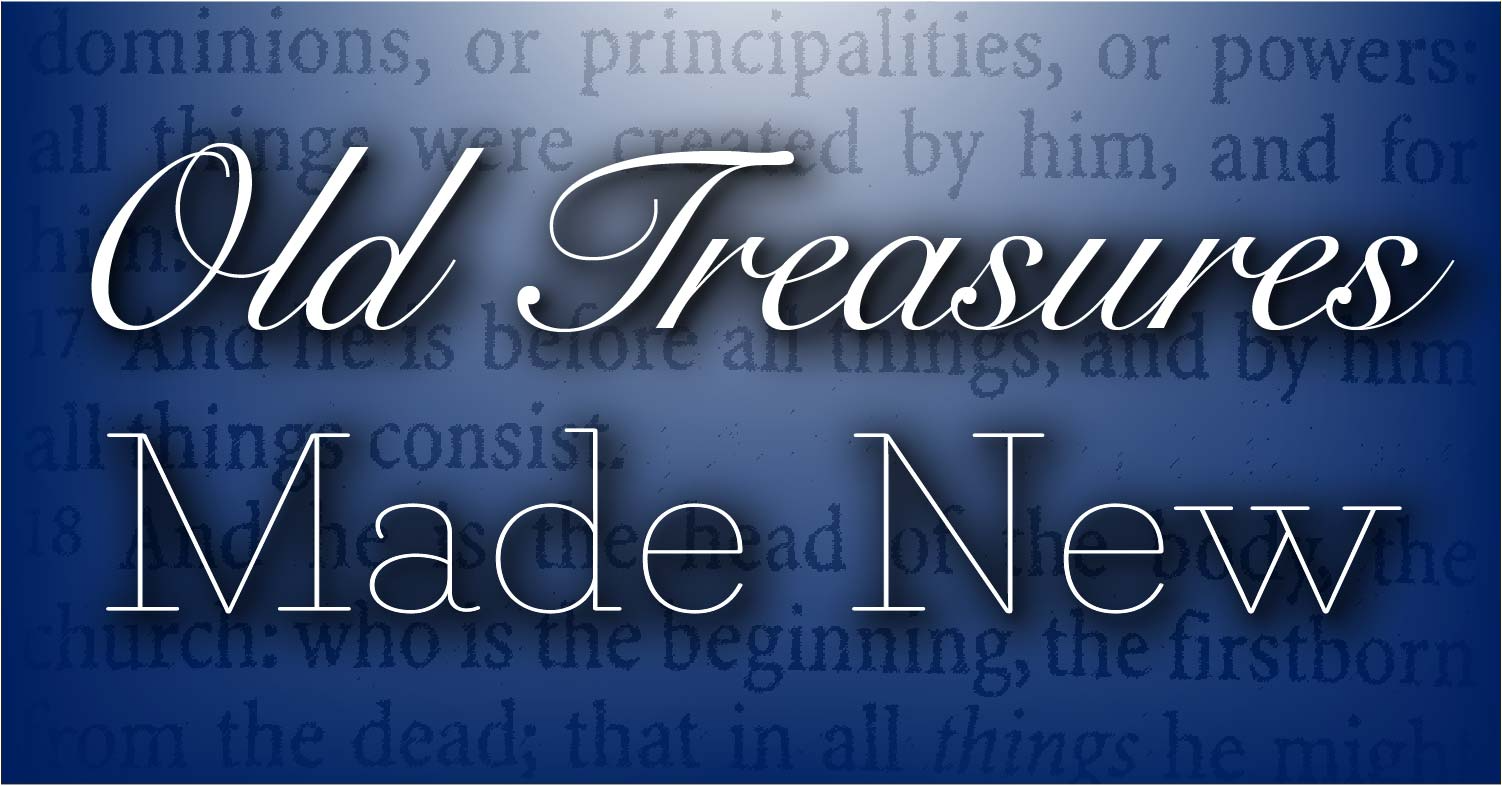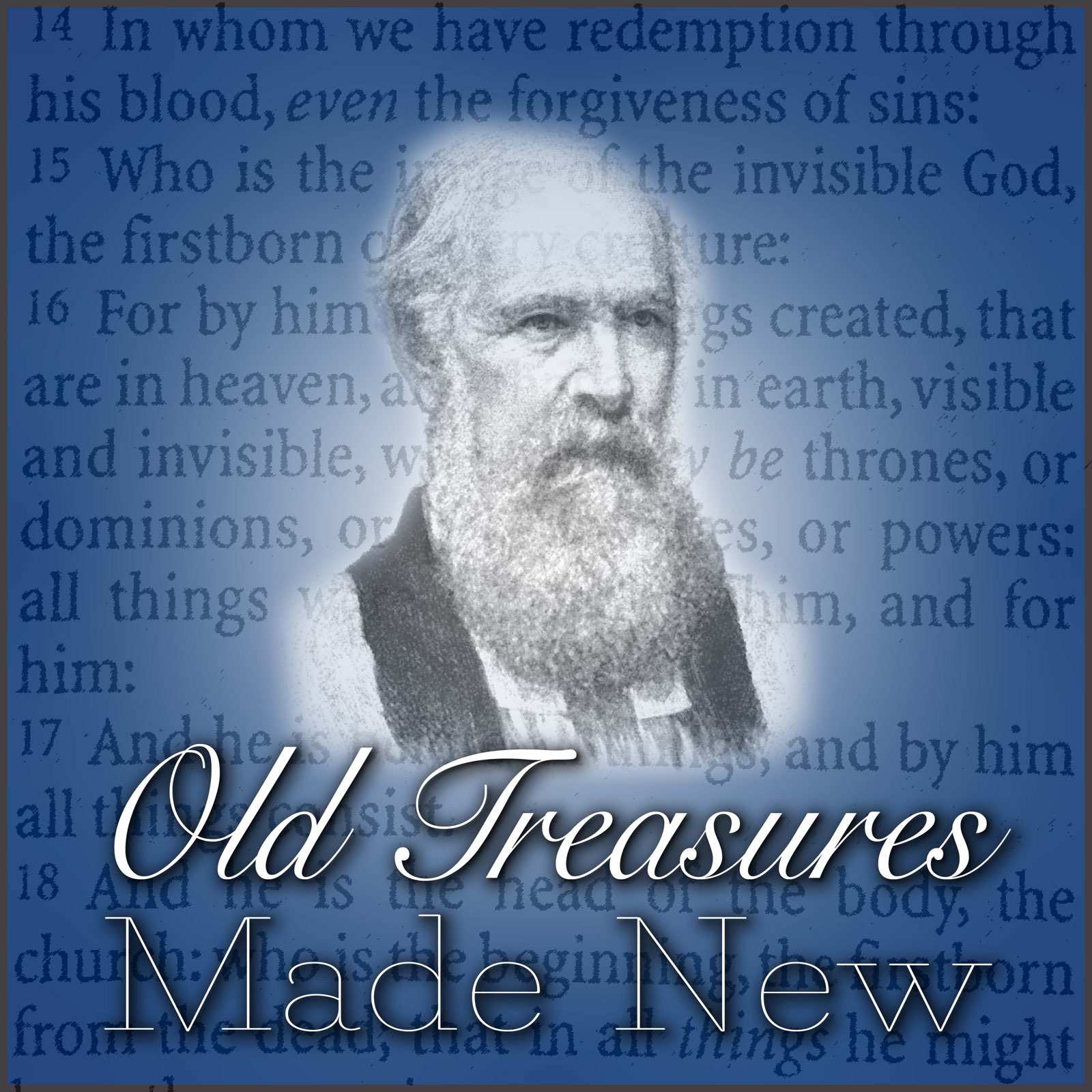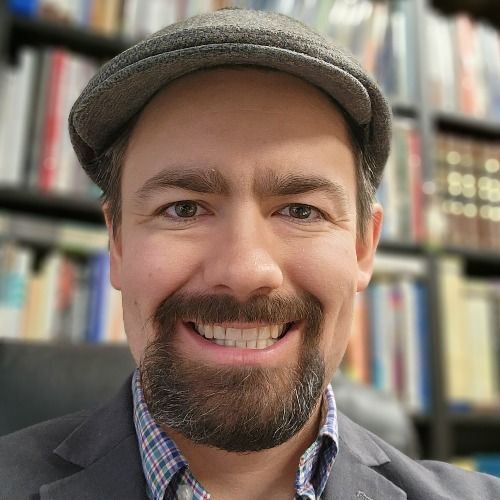Episode 282
Luke 18:35-43
Luke 18:35-43
- We see the importance of diligence in the use of means.
- We see an example of our duty in the matter of prayer.
- We see an encouraging instance of Christ's kindness and compassion.
- We see a striking example of the conduct which becomes one who has received mercy from Christ.
"To expect grace to be put into our hearts, if we sit idling at home on Sundays, and go to no place of worship, is presumption and not faith."
"What the blind man did on behalf of his bodily ailment, it is surely our bounden duty to do on behalf of our souls. Our need is far greater than his. The disease of sin is far more grievous than the lack of sight."
"Such people may be sensible of much infirmity in all their approaches to the Son of God. Their faith may be very feeble--their sins many and great--their prayers very poor and stammering--their motives far short of perfection. But after all, do they really come to Christ with their sins?"
"The ungodly are what they are, because they have no sense of sin, and no consciousness of being under any special obligation to Christ. The godly are what they are, because they love Him who first loved them, and washed them from sin in His own blood."
Questions:
1. Ryle sees an illustration here of greater things: that if we expect grace to fall into our hearts while sitting at home instead of at the wayside, like this blind man, it is presumption and not faith. Are we prevailing ourselves of the means of grace of reading and hearing God’s Word, prayer, and fellowship? Are we doing so expecting to meet with Jesus as we do?
2. We can sometimes say we prayed and nothing happened, so we stopped, yet this is not the example we see here. If you have never prayed, will you begin? If you have, would we not pray more heartily and earnestly?
3. God shares His glory with no one. The question for us is: do we have confidence in Jesus alone to forgive our sins or do we find confidence in ourselves?
4. What is the root of our obedience? If His commands are burdensome, can it be out of gratitude for what Christ has done? Whom does the bias of our lives show we love and follow?


